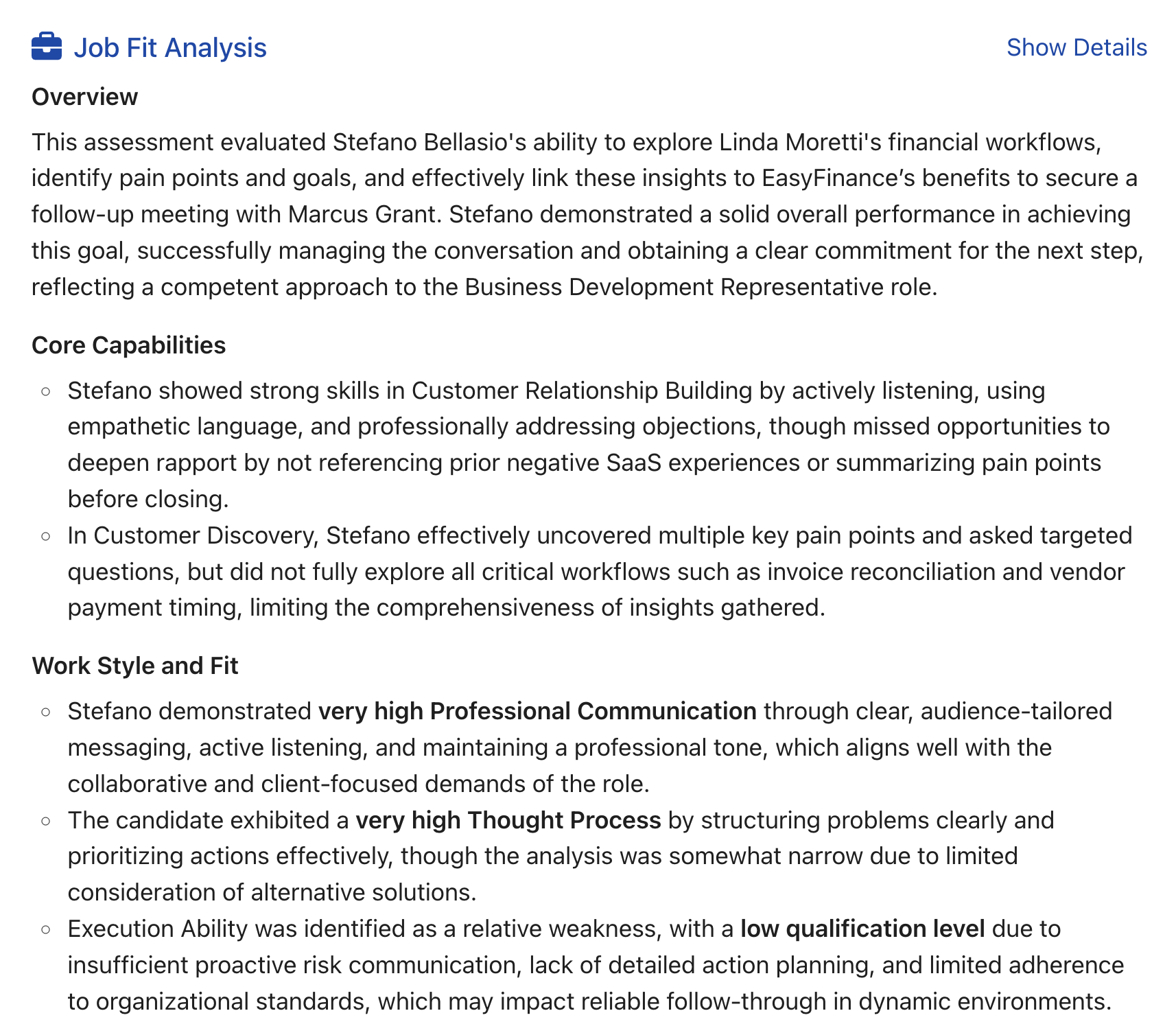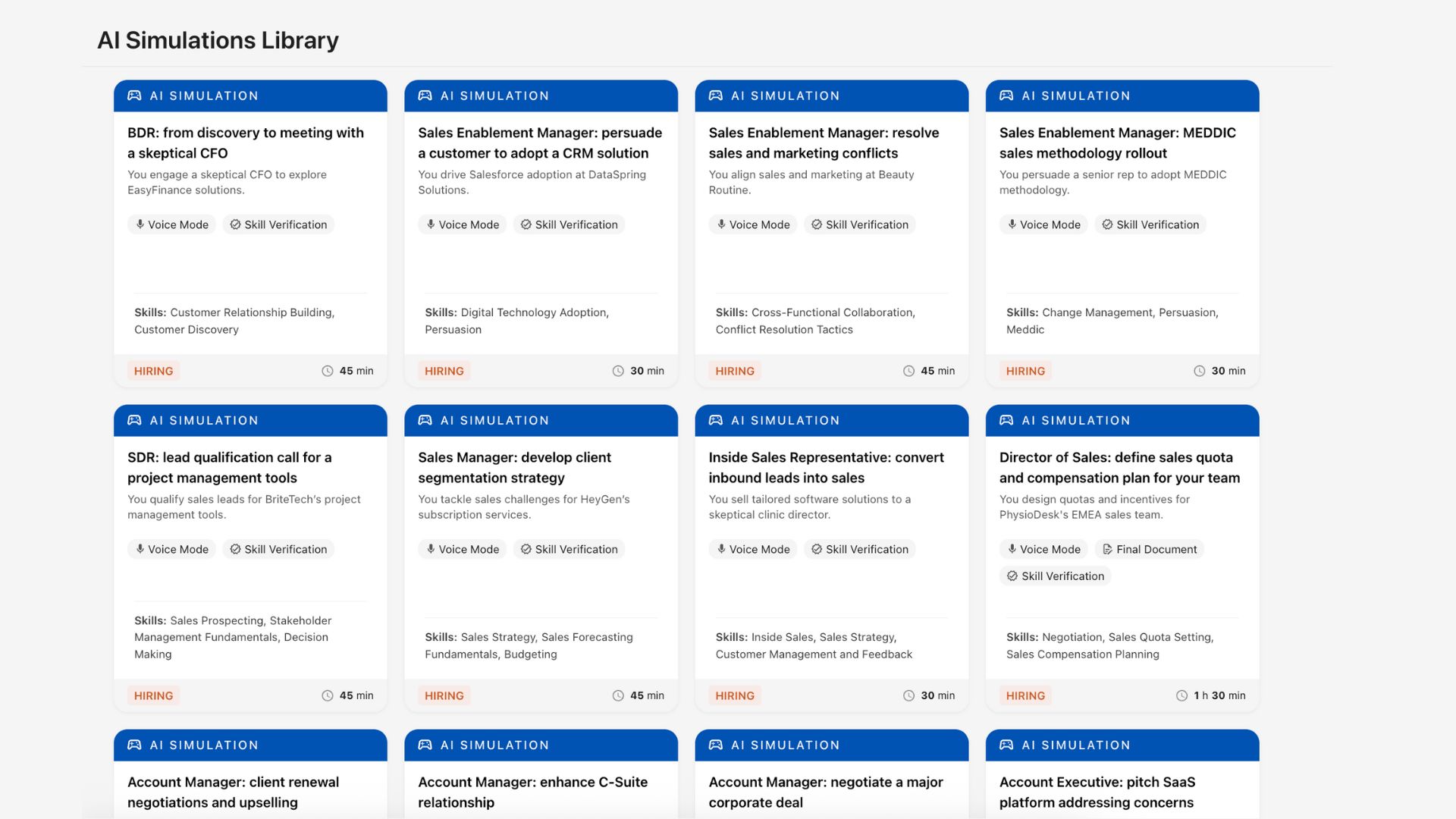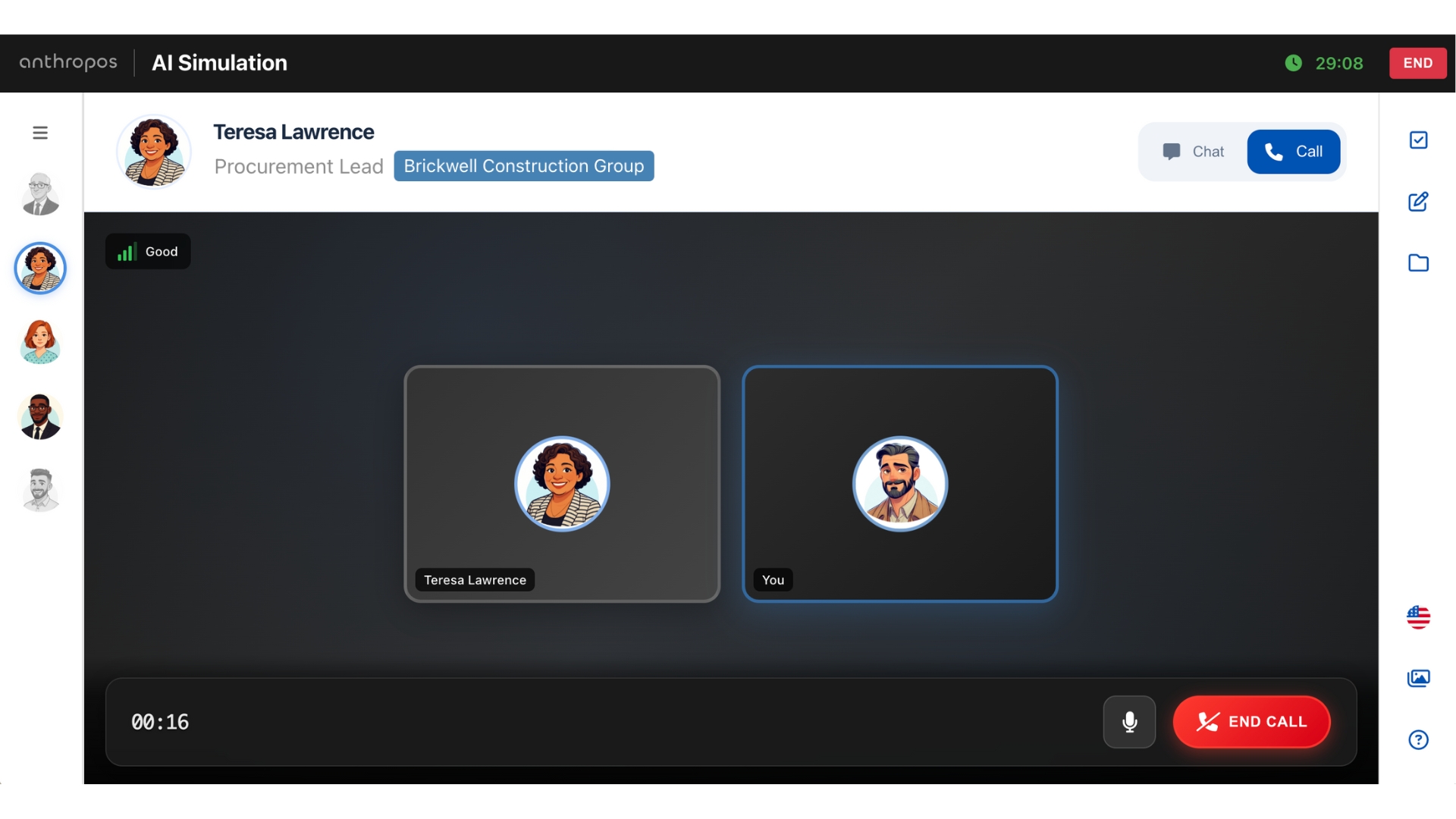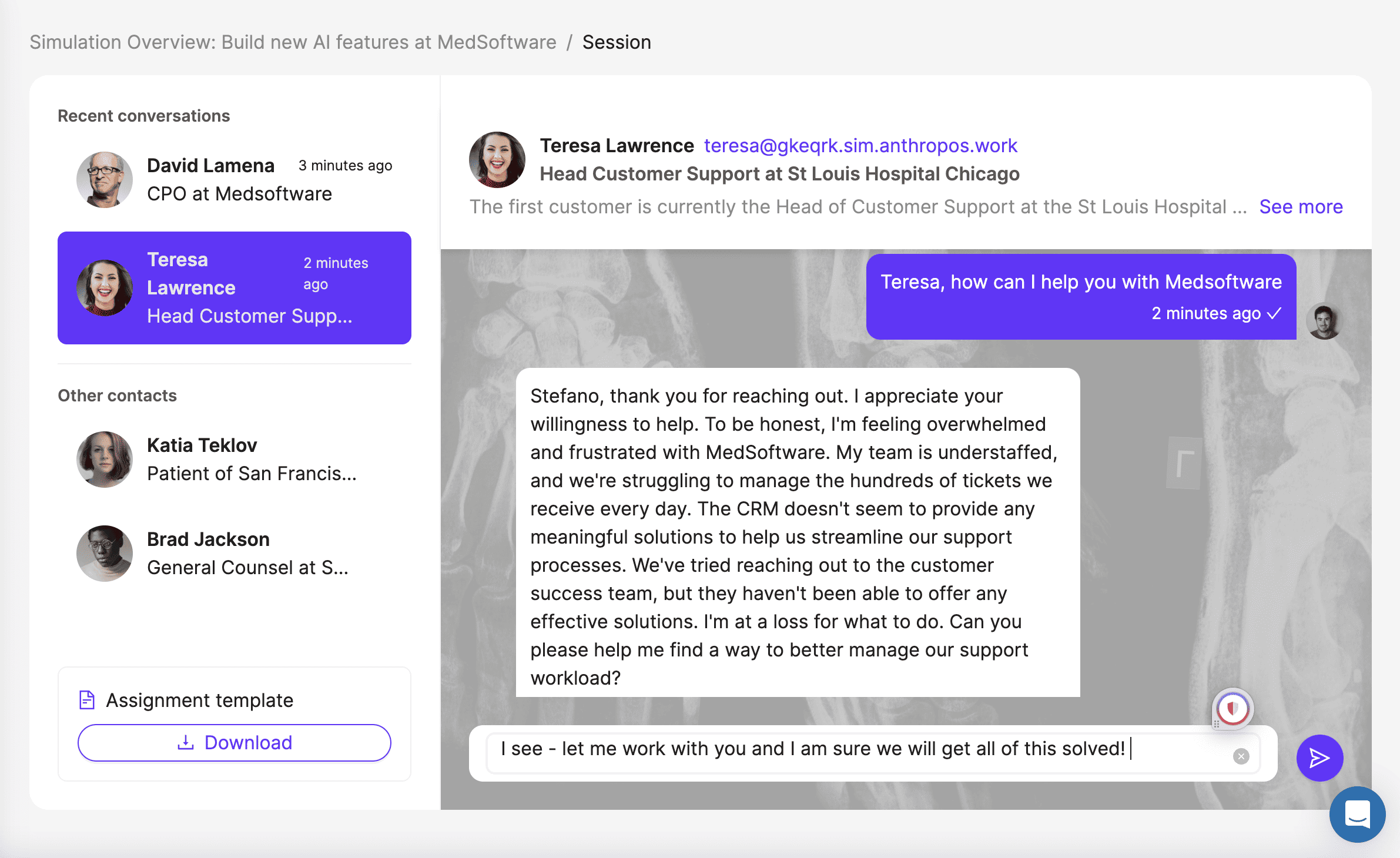Skills-based Hiring Benefits
3 min read
Advantages and business benefits of a skills-based hiring approach
In the dynamic landscape of today’s workforce, the traditional methods of hiring are undergoing a transformative shift, with a growing emphasis on skills-based hiring.
Skills based hiring places a primary focus on the specific abilities, competencies, and expertise that candidates bring to the table, rather than solely relying on educational backgrounds or job titles. By prioritizing skills, organizations can unlock a myriad of advantages that contribute to their overall success and I can think of at least three solid arguments where it’s easy to observe the immediate benefits and return on investment:
- Skills-based hiring as a win-win scenario for people and companies
- Skills-based hiring let companies access the best talent
- The risk of hiring mistakes is significantly reduced
Win-win scenario for people and companies
With a win-win scenario, I mean the ability for businesses to choose people they couldn’t see before without employing skills for a fraction of the cost previously spent to fill positions. It’s also a gain for people since the world is full of incredible talent who don’t know how to showcase their skills or how to transfer into various positions and careers.
These individuals have access to a bigger pool of chances within their organizations, allowing businesses to save a significant amount of money when hiring them.
On the business front, skills-based hiring proves also to be a catalyst for enhanced competitiveness. By aligning candidate skills with the specific requirements of a role, companies can build a workforce that is not only proficient but adaptable to the evolving demands of their industry.
This agility can be crucial in today’s fast-paced and dynamic business landscape, where staying ahead requires a keen focus on the most relevant and up-to-date skill sets and a skills-based approach facilitates the identification of top talent swiftly, reducing recruitment timelines and ensuring that key positions are filled promptly.
Skills-based hiring let companies access the best talent
I spent over a decade creating a company in the cloud computing industry: it is widely acknowledged that if your organization does not use the cloud, it is missing out not only on new technology, but also on talent. Engineers, developers, and other software professionals want to work with AWS, Azure, Google Cloud, and other modern cloud platforms.
This happens in a range of sectors. Candidates look at job postings and want to see modern capabilities that they can master. If your job description – and your firm in general – doesn’t give that, you will be degraded to a prospective talent pool of B players, who either don’t have the skills or don’t care about them.
Skills-based hiring reduces the risk of hiring mistakes
Hiring is extremely expensive, and avoiding hiring blunders should be your top priority as you grow a team or an organization.
Recruiting the incorrect individual is always a risk. Skills-based recruiting has the advantage of making things measurable and assessable – it doesn’t matter if your candidate attended an Ivy League institution; what counts is that he or she can pass a proper hands-on evaluation that assesses her skills.
Skills-based hiring serves as a potent safeguard against hiring mistakes by offering a more nuanced and targeted evaluation of candidates.
Traditional hiring methods may inadvertently prioritize factors like pedigree or experience over practical capabilities, leading to mismatches between a candidate’s skills and the job’s actual requirements.
Embracing a skills-based approach allows companies to focus on the specific competencies essential for success in a given role. By directly assessing a candidate’s abilities, organizations can make informed decisions that align with the demands of the position, mitigating the risk of hiring individuals who may lack the necessary skills or struggle to adapt to the job’s unique challenges.
This method not only minimizes the likelihood of costly recruitment errors but also ensures that the selected candidates are better equipped to contribute effectively from day one, fostering a more successful and harmonious employment relationship.




